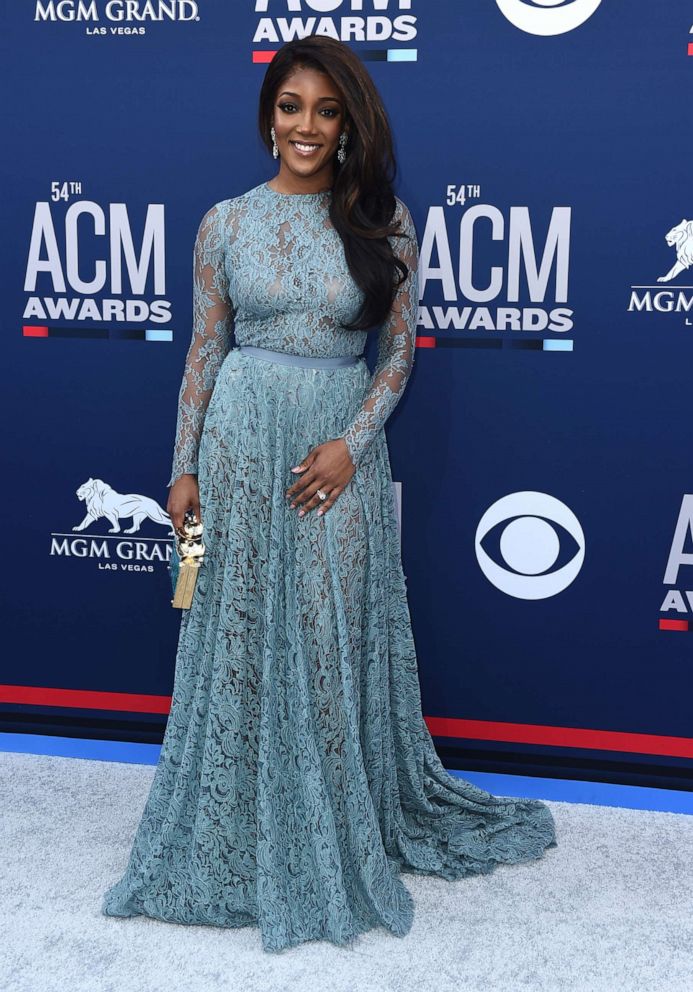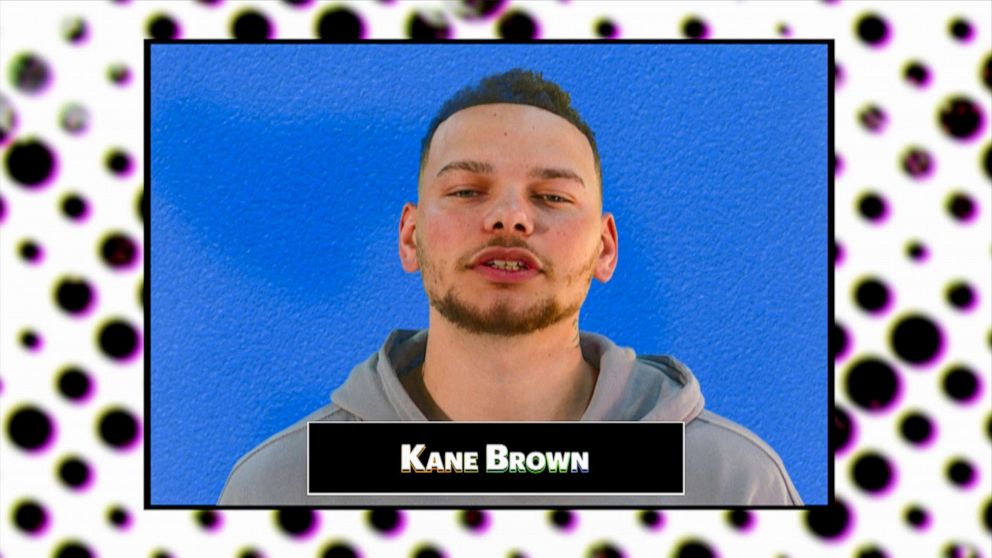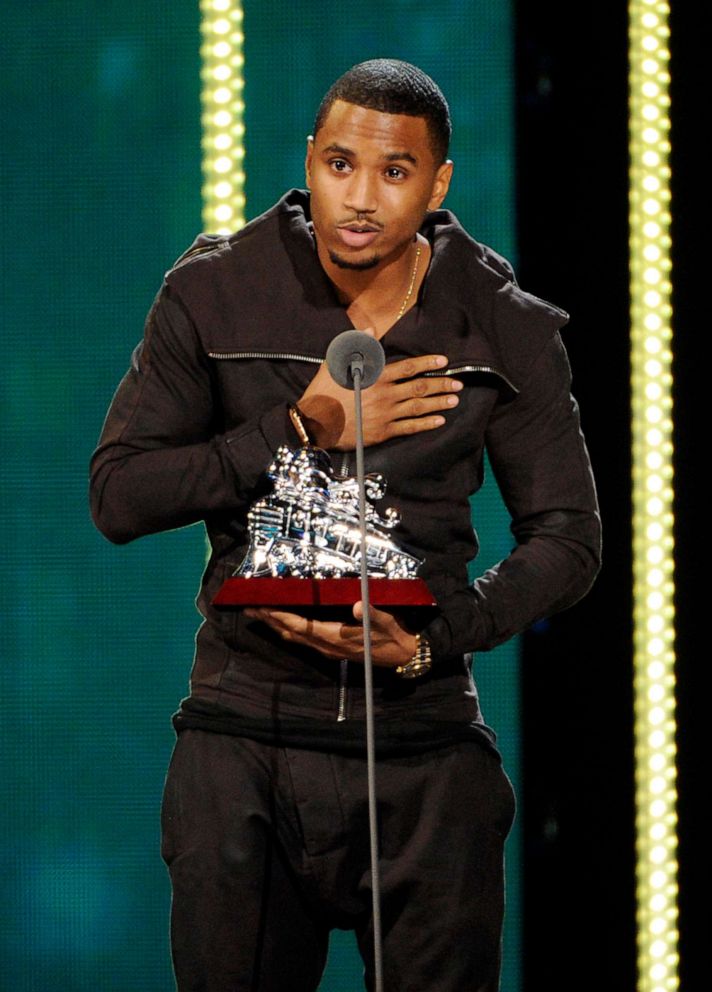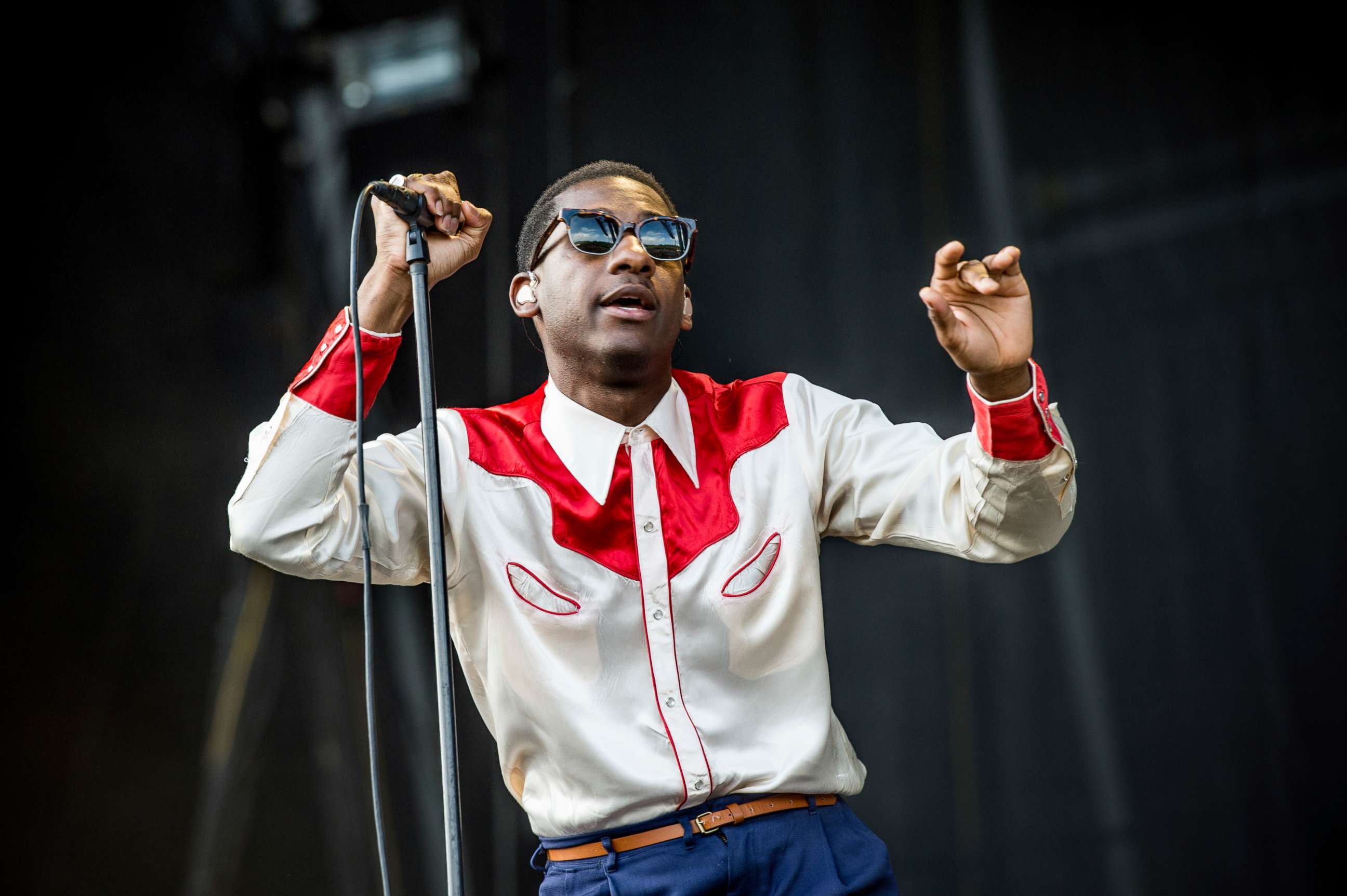From country to hip-hop: Musicians reflect on the black experience amid civil rights protests
A wide array of artists across genres are joining the national conversation.
Although the world of live music -- from hip-hop to country -- has come to a standstill due to the COVID-19 pandemic, musicians are joining the national conversation about racism and police brutality in America.
The civil rights movement fueled by the police killing of George Floyd is already being reflected in lyrics and musical expressions produced by a wide array of artists. Here are some examples from various genres:
Country
Amid national outcry over the police killings of unarmed black men and women, country music artist Mickey Guyton released a passionate song reflecting on her experience as a black woman in America.
The Texas-born singer said that "Black Like Me," which was featured on Spotify's "Hot Country" playlist, was written before the police killings of Ahmaud Arbery and Breonna Taylor -- and that she was originally holding back on releasing new music due to the COVID-19 pandemic.

"And then I saw Ahmaud. And then I saw Breonna. And then I saw George. I just put 'Black Like Me' on my Instagram," she told NPR. "No permission, no nothing. I just put it out there because people need to hear that. And then Spotify called and asked for it. I was like, 'Here. Take it. No, there doesn't need to be promotion, because that's tacky.' This is not about me. This is about the bigger spectrum of things and about humanity."
The songs' chorus goes like this: "It's a hard life on easy street/ Just white painted picket fences far as you can see/ If you think we live in the land of the free/ You should try to be black like me."
Country music artist Kane Brown also dropped a song to address the current unrest in America.
"I'm releasing this song early that I've been holding onto for a year. I'm hoping it will bring us together during this time and proceeds are being funded to the boys and girls club," the singer wrote on Instagram.

In "Worldwide Beautiful," an uplifting anthem, the 26-year-old sings, "You're missing every color if you're only seeing black and white/ Tell me how you're gonna change your mind if your heart's unmovable."
R&B/Soul
In "2020 Riots: How Many Times," a soulful protest anthem, R&B artist Trey Songz reflects on the cycle of police brutality.

"How many mothers have to cry? How many brothers gotta die? How many more times? How many more times? How many more marches? How many more signs? How many more lives? How many more times?" he sings alongside an all-black choir from Atlanta.
Proceeds from the song will benefit Black Lives Matter and the Community Justice Exchange's National Bail Fund Network, according to Rolling Stone.
And in the raw and reflective ballad "Sweeter" -- featuring rapper Terrace Martin -- singer Leon Bridges reflects on the emotional cost of the generational struggle for civil rights in black America.
"Listen from the perspective of a black man. A black man taking his last breath as his mind body and soul is having a flashback. A flashback because his life is being taken from him. It's the perpetual story," Bridges tweeted.

Reflecting on the song, Martin, who also released the anti-police brutality protest anthem "Pig Feet," said in a statement obtained by Pitchfork that "Sweeter" is not music for the ears, but rather music for the heart.
"I truly believe that eyes have been deceiving us for so long but the heart always tells the truth," he added.
Hip-hop
Hip-hop artist Meek Mill, who has been one of the most prominent advocates for criminal justice reform, released "Otherside of America," a hard-hitting anthem that explores the black experience in the U.S. and the generational trauma of systemic racism that for years was not addressed by the mainstream media.
According to the Philadelphia rapper, the cover art of the song was a photo taken at a Black Lives Matter protest in his hometown following the police killing of Floyd.
Hip-hop, which originated in the 1970s with deep roots in protest and activism, began spotlighting criminal justice issues and police brutality at a time when it was generally considered a taboo topic for national politicians and mainstream celebrities and public figures.
"Otherside of America" explores that theme. The song begins with Mill saying, "Reportin' live from the other side of America," and ends with audio from one of the rapper's appearances on CNN, reflecting an evolution in the national dialogue about police brutality.
"I always dreamed too, of being on, like, CNN and being able to like express myself. And, and, and speak for like the voiceless young men of America," the rapper said. "The first step, I would say, I grew up in America in a ruthless neighborhood where we were not protected by police."
Mill, whose full name is Robert Rihmeek Williams, was sentenced to two to four years in prison in November 2017 after a pair of arrests that violated his probation from a 2008 gun and drug case. His case sparked outrage among criminal justice reform advocates and reinvigorated a national debate on mass incarceration.
In an August 2018 interview, the rapper told ABC News that his activism and fight for justice has inspired his music.
"It's still edgy Meek Mill, energy, social forecasting where I come from, the bottom of Philadelphia, the trenches, but it's still mixed with how I'm speaking on politics of the justice system and the odds against young black and Hispanic Americans," he said.
Several other hip-hop artists, including YG, Ty Dolla $ign, LL Cool J, T.I. and Run the Jewels have also released new music reflecting on the protests in America.
Classical and opera
Anthony McGill, the principal clarinetist for the New York Philharmonic orchestra, and the first African-American to hold that position, started a movement on social media after he posted a solo performance of "America the Beautiful" to Facebook, where he took two knees at the end.
It was a tribute to former San Francisco 49ers quarterback Colin Kaepernick, who was the first NFL player to take a knee in 2016 during the playing of the national anthem, to protest police brutality.
McGill encouraged others to take part using the hashtag #TakeTwoKnees on social media.
"The issue got clouded and disregarded and dismissed by so many people, because it was in the middle of a football game," McGill told NPR. "And so I started writing about how people aren't allowed to protest. They're never allowed to protest quietly or loudly, and they're never allowed to protest peacefully either, because people always say you shouldn't be protesting. So part of what I talked about in my statement was this problem: When is it OK to protest? How about now?"
Opera singer Lawrence Brownlee was one of the musicians who answered the call, posting a video of himself belting out "There's A Man Going 'Round Taking Names" by American folk and blues singer Lead Belly while taking two knees.
"Music is how I best express my emotions, and the angst and unrest I feel right now is what I tried to transmit with this performance," he told ABC News. "The anger, outrage, and sadness that comes from watching person after person, name after name, be taken from us for no reason other than the color of their skin. I hope it's a message that resonates. Black lives matter."
ABC News' Alexandra Svokos contributed to this report.




